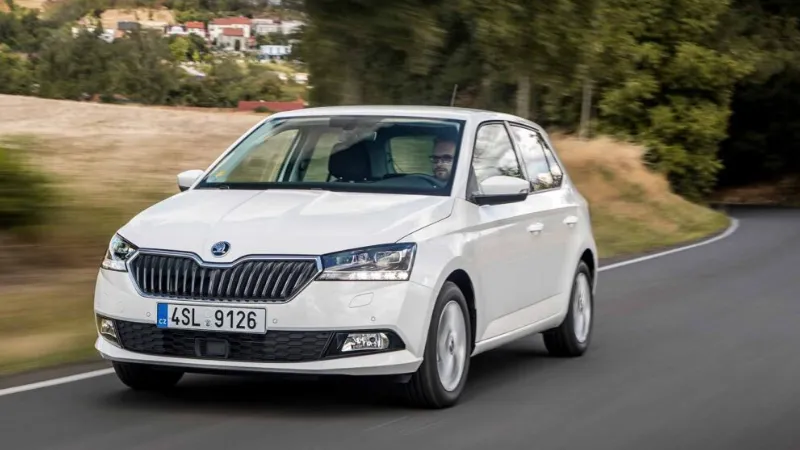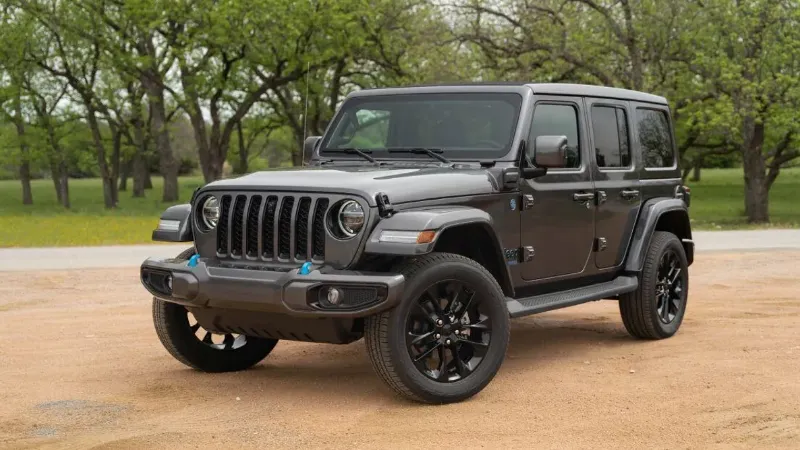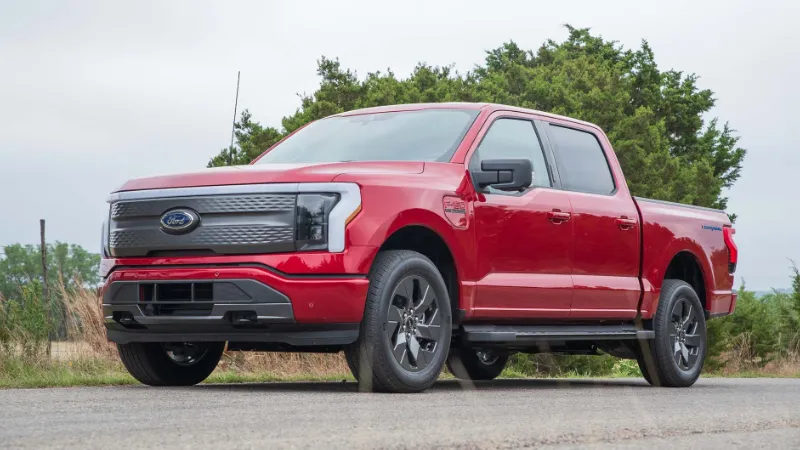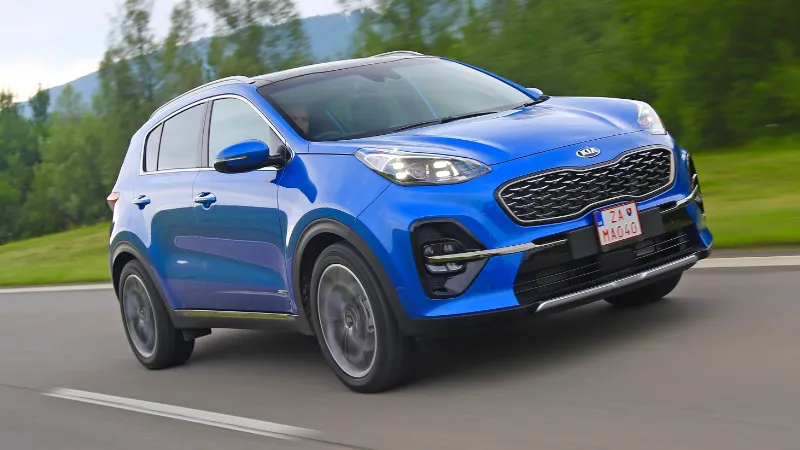It can be exciting and stressful to purchase a new car. However, you can lessen your stress by going to the dealership prepared and with the necessary supplies. Let’s talk about what to bring when buying a car.
You need to bring your driver’s license, proof of insurance, preferred payment method, recent pay stubs, credit report, discount information, a list of references, and rebate eligibility documents.
Please read on for more detailed information.
What to Bring When Buying a Car
Before you head to the dealership, make sure you have the following items with you:
- Your license. Even though you should carry your license with you at all times, it’s crucial to do so when purchasing a new vehicle. The dealership will require proof that you can legally drive before selling you a car, as American Family Insurance makes a point.
- Proof of Insurance.When buying a car, the majority of states demand that you present proof of insurance. It is sufficient to present your most recent insurance documentation that includes your current vehicle. To learn what needs to be done in order to add your new vehicle to your policy, however, you might want to get in touch with your insurance agent in advance.
- Your preferred payment method. By having your check, cash, or loan ready before you enter the dealership, you can hasten the process of buying a new car. Be sure you have enough time set aside to complete the paperwork, though, if you’re financing your car through the dealership. Your down payment should be prepared as well. Find out from the dealership whether they offer preapproved financing and whether any additional paperwork is needed for the financing process.
- Your recent pay stubs. If your auto loan is being financed by the dealership, they will typically demand proof of employment.
- Your credit report. Before you visit the dealership, review your credit history and score. You can improve your score by taking care of any unpaid or overdue bills. The terms of your loan will be better the higher your score.
- Discount information.Your credit card provider, the dealer, or the manufacturer might be able to offer you a discount. If you use this discount, double-check the details to ensure that you’re eligible. Additionally, you should read the small print.
- A list of references.A list of references may be useful if you’re applying for a loan through the dealership, especially if your credit is less than stellar. This list should contain the names, places of employment, and contact details of individuals who can attest to your character but do not reside with you.
- Proof of rebate eligibility.Military personnel, students, and recent graduates are frequently eligible for special rebates from dealerships and manufacturers. You must submit supporting documentation establishing your eligibility if you want to benefit from a rebate.
Read about How Long Does It Take to Buy a Car
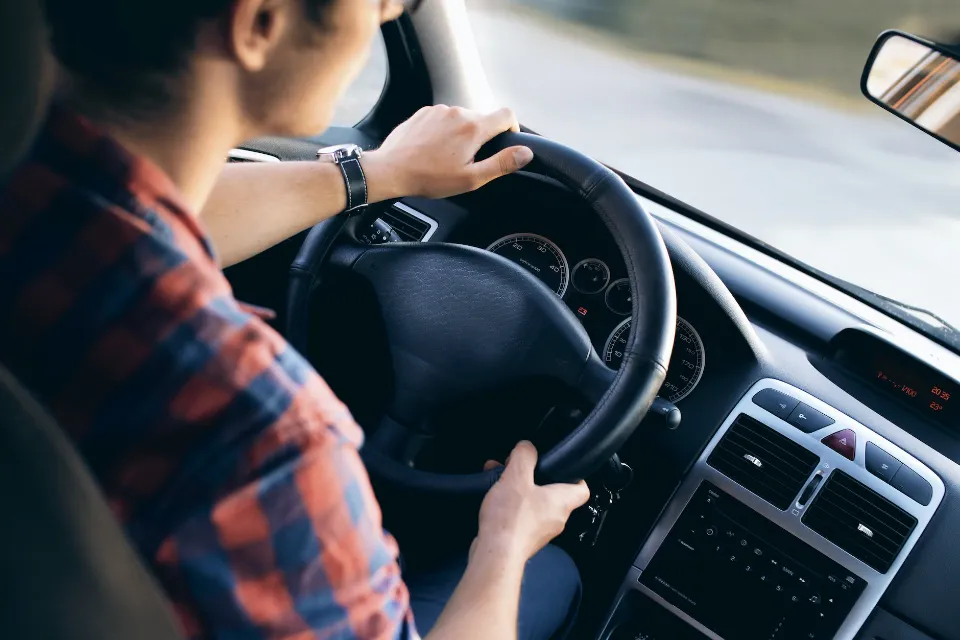
What to Do When Buying a Car
Remember to always keep your maximum budget in mind if you decide to purchase the vehicle. Here are some tips on what to when when buying a car:
Agree price and terms
- Agree the trade-in and purchase price and be sure to understand everything that includes
- Agree the finance amount if relevant, taking into account deposit, interest rate, length of contract and any fees and charges
- Double-check finance terms like mileage caps and contract and payment dates
- Check if there are any servicing plans you could take out
- Agree the deposit amount
- Understand the waiting time for the car and agree the collection date
Trade-in your old car
- Always check the market trade-in value before you start negotiations so you know how much you have to play with
- Make sure to take along all car documents like the service history and MOT certificate
- On the day, remove all items from your old car before handing it over
- Fill out the V5C documents for your old car – the dealer will help you with this
- Send your old car’s V5C document to the DVLAto say you no longer own it
- Apply for a tax refund on your old car if applicable – the DVLA will refund tax on any full months remaining
On collection day
- Arrange car insurance from collection day and cancel your previous policy – many insurers will simply switch the cover
- Get a receipt after paying the entire balance, and you’re good to go!
- Keep all paperwork from the deal, including finance, warranty and other documentation
Following the purchase
- Call the dealer immediately if there is any issue or problem with the car
- Most importantly, enjoy drivingyour new car!
Read about

Simplify the Car-buying Process
You can take additional actions to make the process of buying a car easier in addition to having the required paperwork.
- Contact your insurance agent, and ask how much it will cost to insure the make and model of the car you want to buy. Include the cost of the car’s insurance in your overall budget so that it won’t come as a surprise after you’ve made your purchase. Additionally, you should inquire with your agent about any waiting periods before adding a new vehicle to your coverage.
- Contact your bank or credit union, and apply for a preapproved loan. The dealership and you will need to sign a blank check that your bank may issue, with a specified maximum. You can find out the amount and interest rates you are eligible for by submitting an application for preapproval. It will also assist you in staying within your budget. Obtaining preapproval from your bank is still beneficial if you intend to finance your purchase through the dealer. The loan can be used against you at the dealership.
- Ensure that both your driver’s license and proof of insurance are current and valid.
- If you’re not making your down payment in cash, especially, make sure the dealer accepts your preferred method of payment.
FAQs About Buying a Car
What Credit Score Do You Need to Buy a Car?
Because it depends on the type of loan you’re looking for and the lender you’re working with, there is no specific credit score requirement for purchasing a car. If your credit score is less than 600, you may not qualify for loans from many lenders or the loans you do qualify for will have higher interest rates. The best car loans are more likely to be available to borrowers with credit scores around 800 and above.
How Should I Dress to Buy a Car?
When looking for a car, your appearance shouldn’t matter, but it can regrettably affect how you are treated at dealerships. Because salespeople may infer from the way we dress whether we can or cannot afford a new vehicle, our clothing choices frequently have an impact on them. Your attire might also have an impact on the costs and offers made to you.
If you appear too casual, it may be assumed that you aren’t serious about your car search or that you lack the funds to purchase a new vehicle. If you appear too well-groomed, people might assume you are wealthy and you won’t be able to negotiate for the best prices. In general, it’s best to look nice and presentable without veering too far toward the fancy or casual ends of the spectrum.
Is It Better to Finance a Car through a Bank Or Dealership?
When deciding whether to finance a car through a bank or a dealership, neither is generally a better choice. What’s available and your financial situation will determine which option is better. The rates offered by banks and dealerships can differ, so it is best to compare any offers from both to determine which best meets your needs.
You can easily compare the potential loan terms on offer because the finance department at a dealership will frequently give you a few different lending options to choose from, including itself, banks, and even credit unions. These offers are typically preapprovals that are based on a soft credit check to your credit report. Keep in mind that a preapproval for a loan doesn’t necessarily reflect the actual rate you’ll get once you choose a lender and an official hard credit check is performed. Nevertheless, the preapproval ought to be roughly in the ballpark.
The Bottom Line on What to Bring When Buying a Car
If you’re a first-time buyer, be prepared to spend a few hours at the dealership because, no matter how well-prepared you are, the process of buying a car takes some time. Naturally, you should also be aware of what to bring when purchasing a vehicle.
It can help the process not drag out even more if you have everything you need before going to the dealership. It might even stop any unforeseen trips to the bank or back home. Verify that all of your paperwork is in order, then go find a new vehicle.


